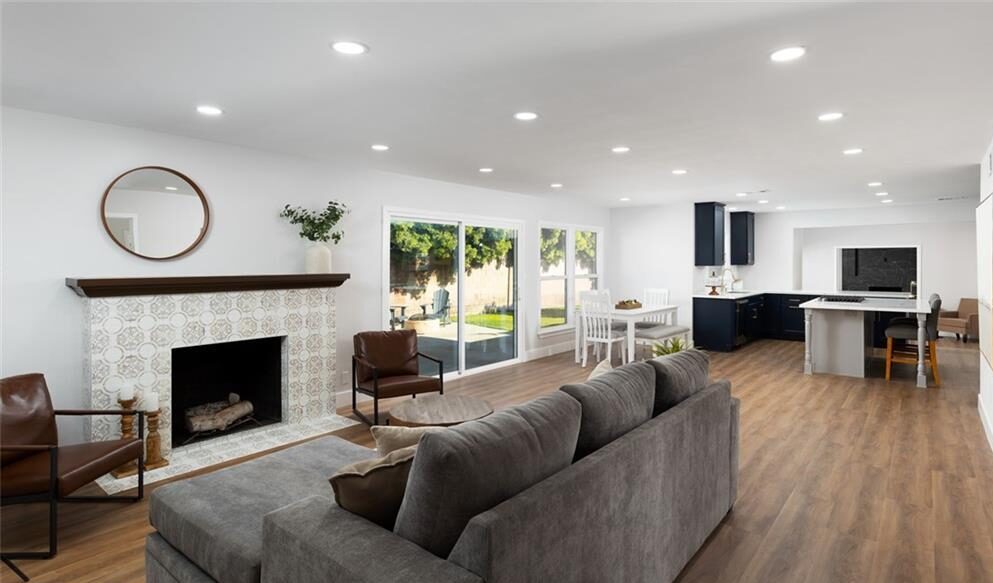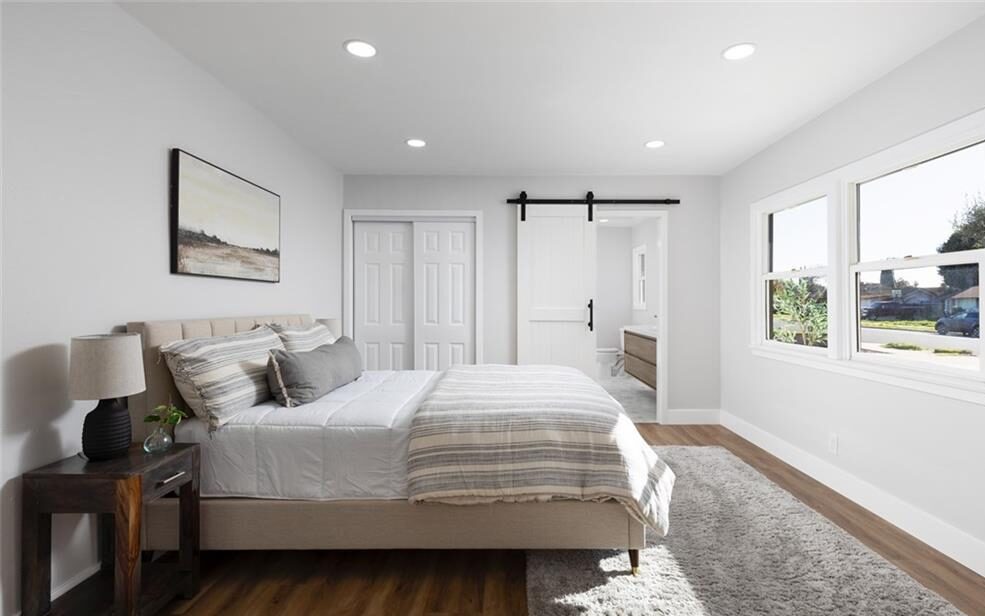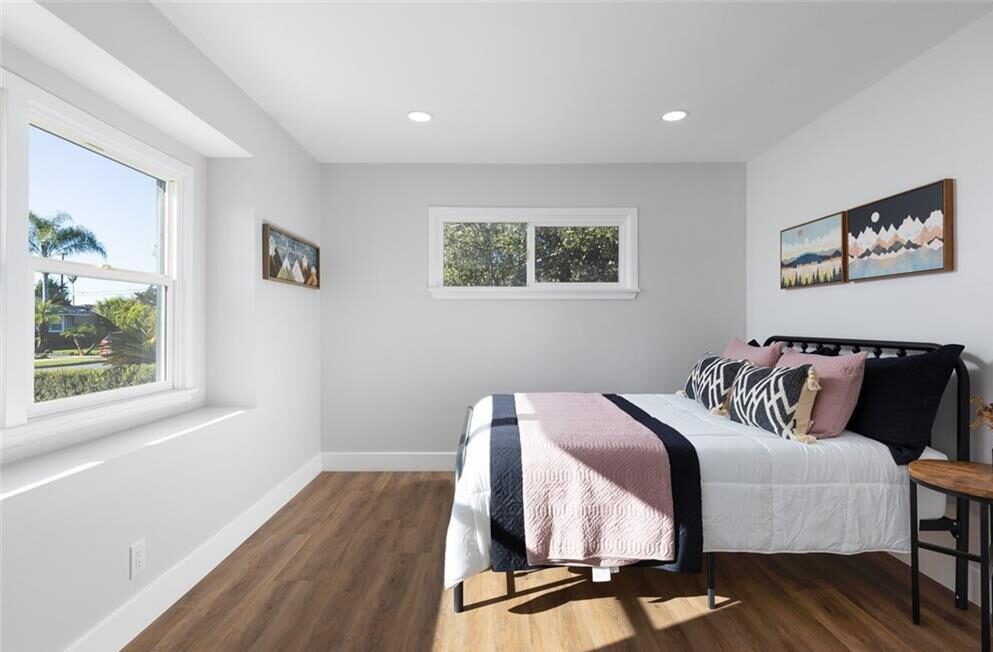Mental Health Treatment in Southern California
EMDR
CBT
Medication Management
DBT
Motivational Interviewing
24/7 Supervision
Evidence-Based Treatments & Services
Services & Treatment
- Inpatient Residential Treatment
- Medication Management
Conditions We Treat
- Depression
- Anxiety Disorders
- Mood Disorders
- Eating Disorders
- Suicidal Ideation
- and More
Therapies
- Cognitive Behavioral Therapy (CBT)
- Dialectical Behavior Therapy (DBT)
- EMDR
- Motivational Interviewing
Therapies
- Cognitive Behavioral Therapy (CBT)
- Dialectical Behavior Therapy (DBT)
- EMDR
- Motivational Interviewing
Conditions We Treat
- Depression
- Anxiety Disorders
- Mood Disorders
- Eating Disorders
- Suicidal Ideation
- and More
Services & Treatment
- Inpatient Residential Treatment
- Medication Management
Safe & Comfortable
Residential Mental Health Treatment
We offer compassion-first treatment for mental health, specializing in treating the whole person–not just their symptoms.
At Renaissance Recovery’s sister program Connections Mental Health, we provide an intimate, family-like environment for de-escalation, clinical therapy, and long-term stabilization. With 24/7 supervision, individualized care, medication management, and more, our outstanding treatment program provides a safe and effective place for healing.
Individualized Treatment
Family-Like Environment
Comfortable & Safe Accommodations
Inside Our Facility
Connections’ accommodations provide a comfortable, family-like environment.








Start Healing Today.
Start Healing Today.

Your Options
Paying for Treatment
If you or a loved one need inpatient care for mental health but costs are a concern, most PPO insurance policies offer up to 100% coverage for treatment.
To learn more about what you’re covered for, call our friendly team or click Check My Coverage below for a free & easy insurance policy check.










